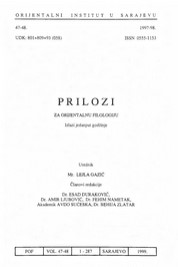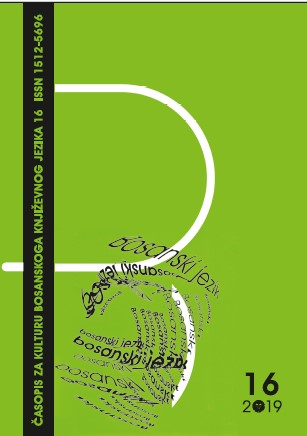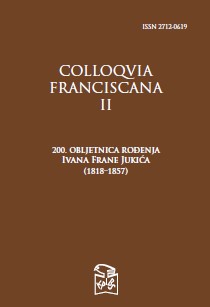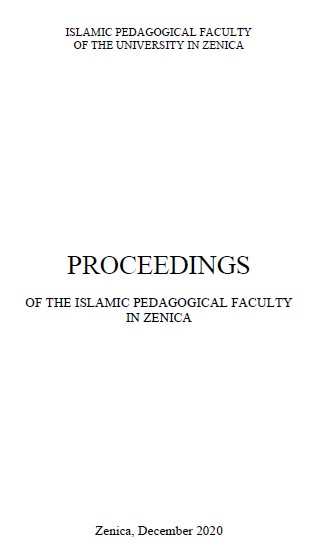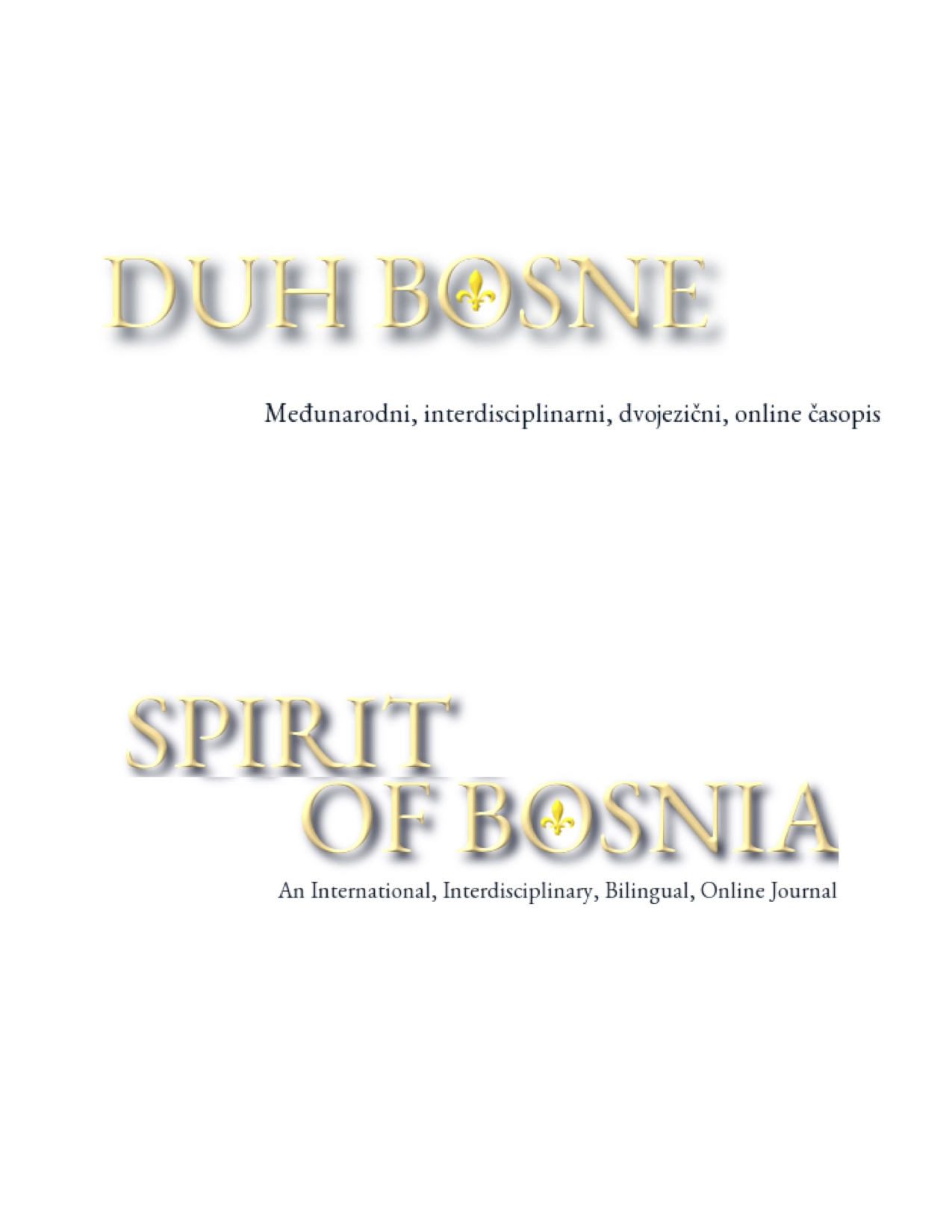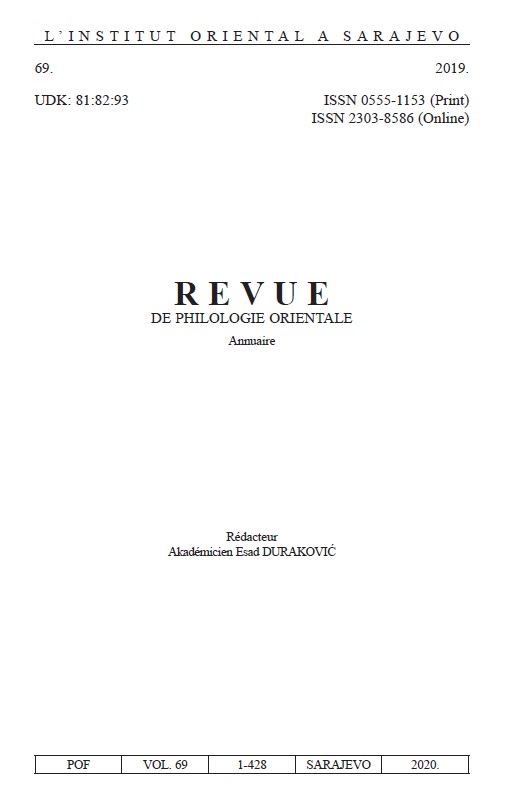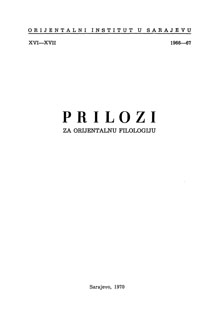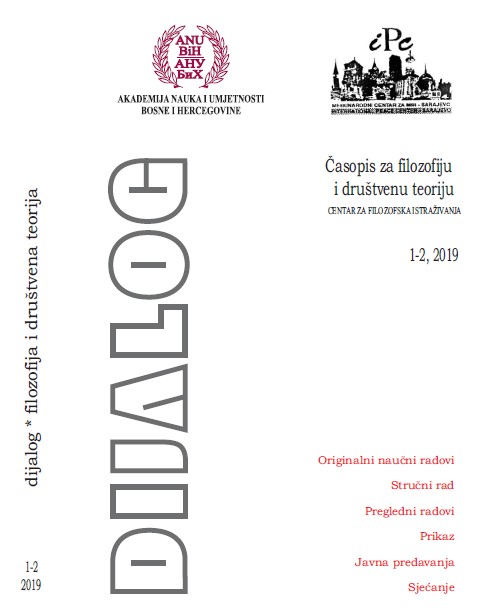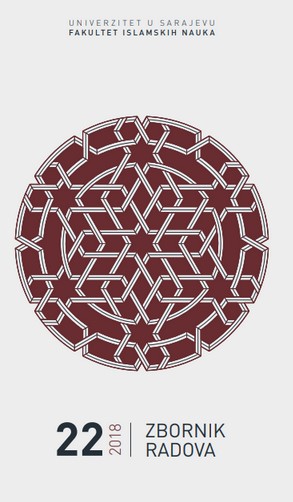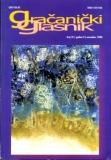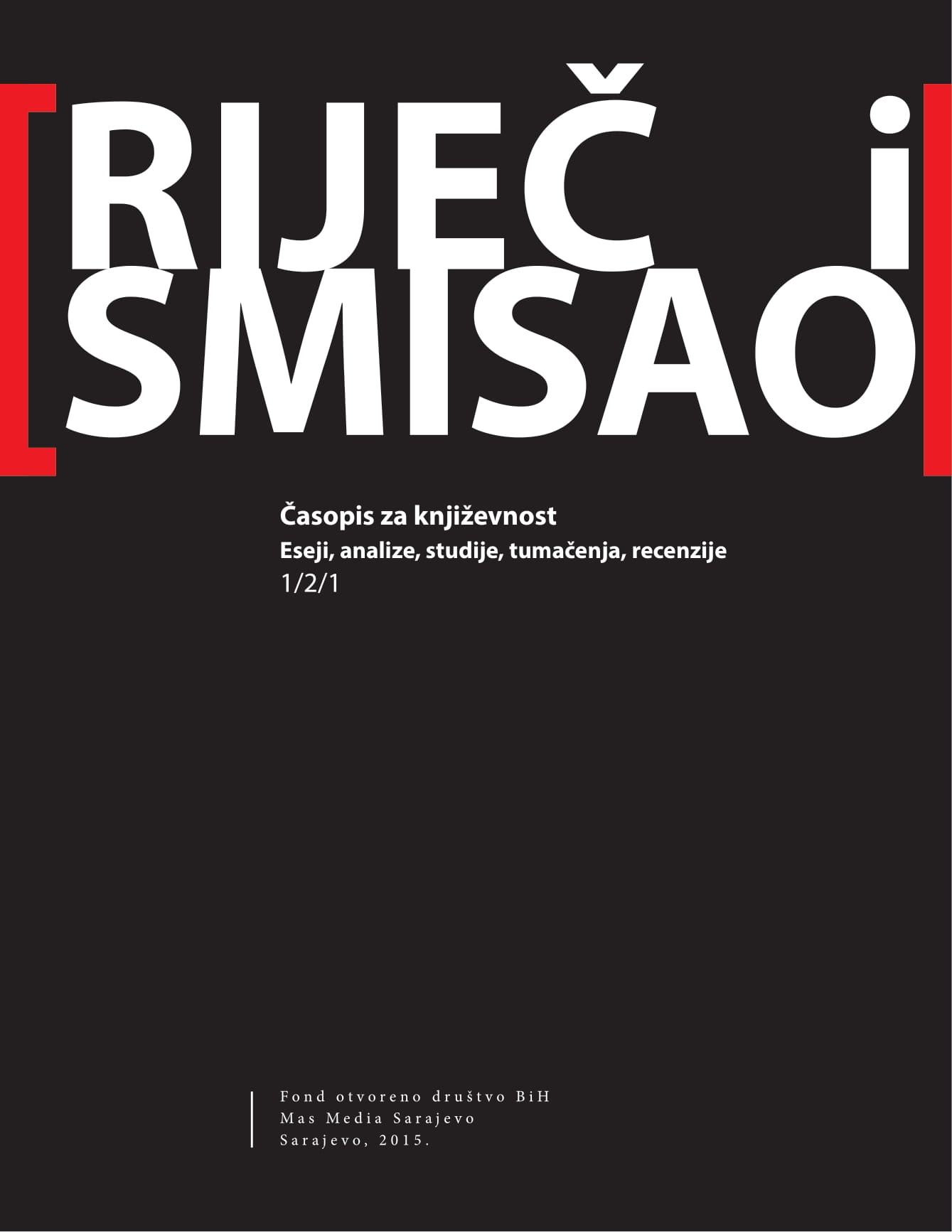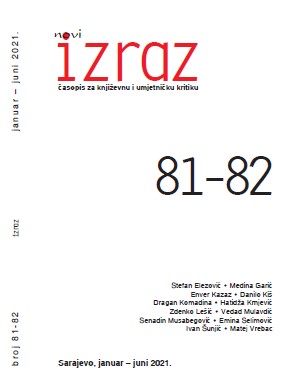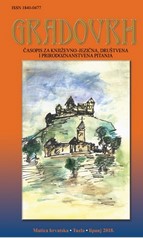
Bosanskohercegovačka kazališna produkcija na Festivalu MESS sa naglaskom na djela južnoslavenskih autora
Internacionalni teatarski festival MESS je osnovan u Sarajevu 1960. godine. Osnovan je pod imenom Festival malih scena Jugoslavije, a nakon 1974. godine mijenja ime u Festival malih i eksperimentalnih scena Sarajevo od čega potječe skraćenica po kojoj je festival i danas prepoznatljiv. Publika je iz godine u godinu imala priliku gledati i razvijati vlastiti teatarski ukus u kome je posebno mjesto pripadalo teatarskim inovacijama i eksperimentima uz neprekidno nastojanje da Festival postane ogledalom cjelokupne kulturne slike Bosne I Hercegovine, u čemu su uspjeli. Na festivalu MESS, za 54 godine, odigrane su 62 predstave 50 autora u 14 različitih bosanskohercegovačkih produkcija. Najviše pozorišnih predstava sadržanih u istraživanju učešća bosanskohercegovačke pozorišne produkcije na festivalu MESS sa djelima južnoslavenskih autora odigrano je u produkciji Bosanskoga narodnog pozorišta Zenica (17 predstava) te Kamernog teatra 55 (13 predstava). Od ukupno 50 južnoslavenskih autora čija su djela izvodila bosanskohercegovačka pozorišta na festivalu MESS, najveći je broj bosanskohercegovačkih autora (24 autora). Igrano je 13 predstava srpskih autora, 7 predstava hrvatskih, 3 predstave slovenskih i jedna predstava makedonskog autora. Sudjelovanje na festivalu MESS postalo je stvar prestiža mnogih generacija teatarskih umjetnika. Za ovo istraživanje od posebnog značenja je sudjelovanje bosanskohercegovačkih teatarskih kuća koji su igrali komade južnoslavenskih autora.
More...
